How can you live car-free - and is it even possible? If you are looking for answers to these questions, don't go away now!
Let's not get the wrong idea: the car is a great invention! It gives us flexibility and usually takes us directly from A to B without any detours. It is both a myth and a symbol of prosperity. The freedom to simply drive off at any time seems indispensable.
But cars also pose risks - whether to our health, our wallets or our environment. That's why we should all try to reduce our dependence on cars until we can finally do without them altogether.
In this article, I would like to introduce you to motives, challenges and practical tips for mastering and enjoying your life without a car. Let's discover together how you can find your way to a car-free lifestyle step by step. Let's go!
Here you can find a short overview in advance:
Reasons: Why should you do without a car if at all possible?
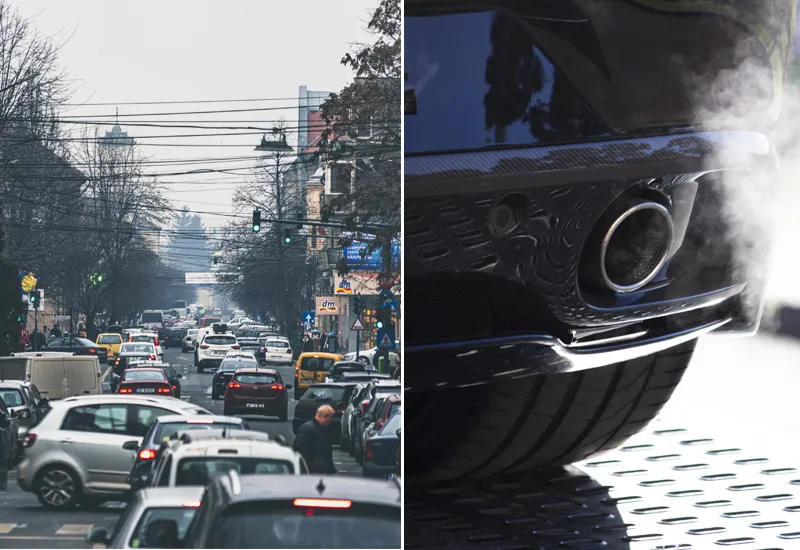
To provide you with a healthy dose of motivation, I would now like to briefly and concisely explain the main reasons for the car-free lifestyle and the Switch to sustainable mobility explain:
- Climate protection: Cars are one of the main sources of climate-damaging CO2 emissions. Around 740 million tons of carbon dioxide were emitted in the EU in 2021 due to the combustion of fuels in road traffic.1 They therefore also make a decisive contribution to Air Pollution especially in urban areas.
- Resource conservation: On average, around 70 tons of materials are used to produce a single car (whether combustion or electric).2 So giving up the car is good for the natural resources of the earth.
- Health: Cars are noisy, pollute the air and pose a risk of serious illness. Switching to emission-free alternatives (such as cycling), on the other hand, is automatically beneficial to health.
- Cost-effective: Fuel costs, car insurance, parking tickets, repairs in the garage or the annual road tax - a car is an extremely expensive means of transportation. By giving up and switching, you can therefore Save money sustainably.
- Better use of space and urban planning: Roads and parking lots for cars take up a lot of space. Fewer cars therefore create more space for people, nature and animals. In cities in particular, more green spaces, play areas and recreational areas can be planned.
- …
Countless alternatives, more safety on the road, more regionality, More time in naturefor social interaction and for yourself - The list of advantages of car-free living could basically go on forever. To save time, I will refrain from doing so.
Challenges: Why is it hard to live without a car?
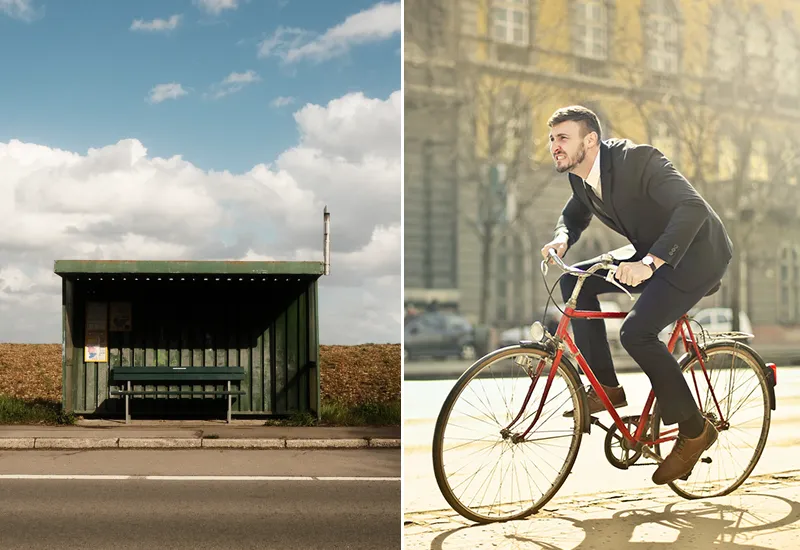
Motivated enough? Then let's dive into the difficulties and challenges now, that experience has shown that giving up what is probably the Germans' most popular means of transportation entails.
In fact, many people are really dependent on their cars. But often, out of sheer habit, we simply lack the imagination to imagine how life could work without a car.
Therefore, use the following considerations to help you become aware of when and for what exactly you really (I mean really!) need your car - and to find out why you perhaps only believe you are dependent on it.
Possible difficulties in everyday life without a car
The following everyday things make it more difficult to do without a car:
- Rural infrastructure: In rural areas in particular, it is difficult to get around without a car, as public transport is much less frequent or it simply takes much longer to get to your destination. Cycle paths are not developed everywhere either, which means that journeys are not only longer but also more dangerous when you switch to a bike. There is often a lack of alternatives.
- Purchasing and transportation: Large purchases or transportation of heavy, bulky items (e.g. furniture) can become a logistical challenge without a car. The situation is similar for vacation trips with a lot of luggage.
- Medical emergencies: Especially in villages, the distance to basic medical care (e.g. hospital or family doctor) is great and can only be overcome quickly by car. It can save lives, especially in emergency situations.
- Professional and family dependency: Some jobs don't work without a car, for example because you have to transport work equipment or work at different locations or in the middle of the night. It is also inconvenient or impossible for families with children to pursue their active leisure activities.
- Weather dependency: Sudden rain or hail showers can quickly ruin plans if you don't have a car. Getting on your bike can then not only be uncomfortable, but also risky.
- Lack of flexibility: Spontaneous excursions or quick reactions to new circumstances (e.g. train cancelation) are generally hardly possible without a car.
- Social pressure: A (high-quality) car is a real status symbol for many people. Not having a car can create social pressure under certain circumstances and even mean exclusion.
- Convenience and habit: For many people, the car means comfort and freedom. Switching to alternative means of transportation is an adjustment that can be uncomfortable. Because we all know that, how difficult change can sometimes be for us humans can.
- …
Can you think of any other everyday challenges without a car? Then write me a comment under this post.
10 tips: How can you live as car-free as possible?
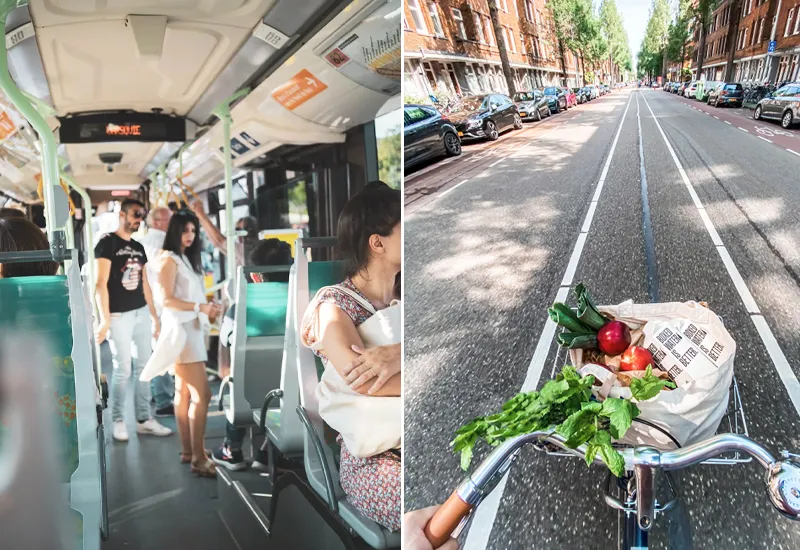
Now you know both the reasons and the potential difficulties of car-free living in everyday life. Now I could just say, "get on a motorcycle or scooter" - and you could do without a car. But that only gains you space, but that Basic problem with combustion engines and their exhaust fumes or urban congestion not yet solved.
Fortunately, there are ways and means for almost all of us to skip the engines in the future. Use the following tips and ideas, to master your life without a car if possible - or even do without one altogether.
1. choose your workplace and place of residence strategically
If you have the opportunity, try to choose your place of residence directly so that you can Reach your workplace quickly and easily can. For example, car-free residential areas make it easier for you to cover your daily commute on foot, by bike, e-bike or conveniently by public transport.
Ideally, your company will also allow you to Work from home. The Working from home is also more environmentally friendlybecause it saves you the daily trips by car (during rush hour).
Tip: No matter how far away you live from your workplace, I've written another article with useful tips on how to live as far away as possible. sustainable commute compiled. Take a look there too.
2. look for hobbies and leisure activities nearby
Hobbies are personal passions for which people like to take long trips by car. However, if you want to minimize your dependence on the car and have the opportunity to do so, you should ideally pursue them in your immediate vicinity.
3. use public transportation
The switch from car to S-Bahn, U-Bahn, streetcar and bus is particularly easy in urban cities such as Berlin, Hamburg, Munich or Cologne - but also in many small towns. Enquire about local rates (e.g. monthly or annual passes) so that you can use public transport at any time without restrictions.
Apps of regional transport companies, as well as the Deutsche Bahn app*make the changeover much easier.
Tip: It is more difficult to do this in the village. But maybe you can combine cycling and public transport by cycling part of the way and taking the train the rest? At least that works quite well for me.
4. use regional delivery services
To do without a car, you can also use local delivery services on the Internet. with heavy weekly shopping - including the transportation of mineral water in glass bottles. Your purchase will then be delivered directly to your front door.
Tip: Also through conscious, sustainable online shoppingyou can save a car journey or two. The best way to go shopping in the pedestrian zones is by public transport.
5. switch to bicycles and cargo bikes
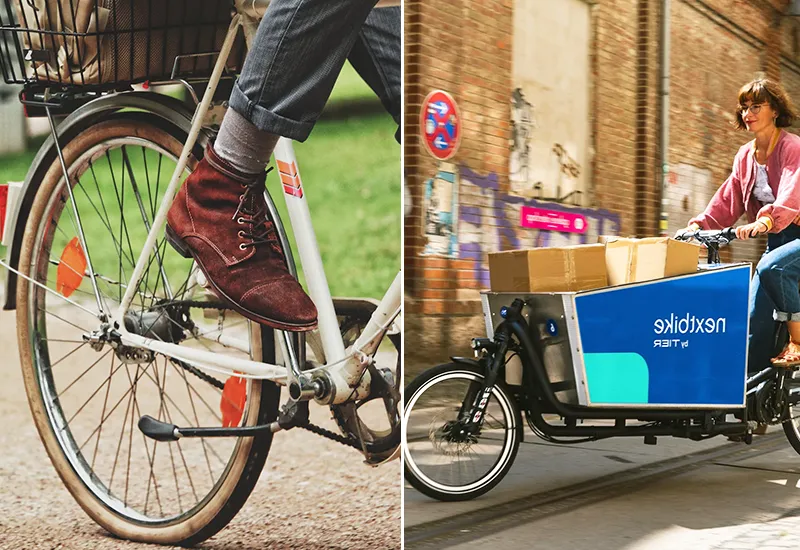
A classic Backpack (My recommendation: this GotBag made from marine litter*) is, in my experience, no longer enough to do major shopping by bike. But for short or medium distances, the bike is still the fastest means of transportation in the city.
A special cargo bike (Bicycle with loading area) was specially designed to enable you to carry larger purchases (and items) by bike. The investment is worthwhile - also because you can, for example Cycling tours can do with the children. Definitely a sensible alternative for a life as car-free as possible.
6. use car sharing services and form car pools
"Everyone needs a car now and then" - that's probably true! There are car-sharing services for exactly these cases, where you can simply rent a car. Rent a car or van (keyword "moving and furniture transportation") when you need it. Sharing cars with other people is also really easy with the app.
Speaking of sharing! If you are often dependent on your car (for example, to get to work), then carpooling with colleagues is a good way to at least cover the Reduce the number of journeys.
Ultimately, this is also helped by Online carpooling agencies (e.g. BlaBlaCar), where you can offer carpooling opportunities and also use them yourself. This is not only a sustainable, but also a very inexpensive way to get from A to B (theoretically without your own car).
7. switch to electric means of transportation
Sometimes the journey by bike is that famous "tad too far". E-scooters, e-scooters and e-bikes (all available to hire) are an environmentally friendly, space-saving solution in such situations, especially in congested city traffic. Faster alternative.
8. walk shorter distances
We've already talked about convenience and habit. In fact, many people even the short trip to the bakery by car because it is stress-free and you have become accustomed to this luxury.
Yet these short distances can be covered wonderfully with a Walk (or even a short bike ride) in order to automatically More movement in everyday life to care. A matter of attitude that ultimately also makes car-free living easier.
9. promote local infrastructure and mobility projects
To give you and many other people from your region the to make car-free living as easy as possible in the futureyou can also get actively (politically) involved.
For example, by volunteering on site for the Expansion of cycle paths, a Better connection to public transportation or More home office options (e.g. by building co-working spaces) - or supporting existing initiatives for a car-free environment.
10. use car-free days to try things out
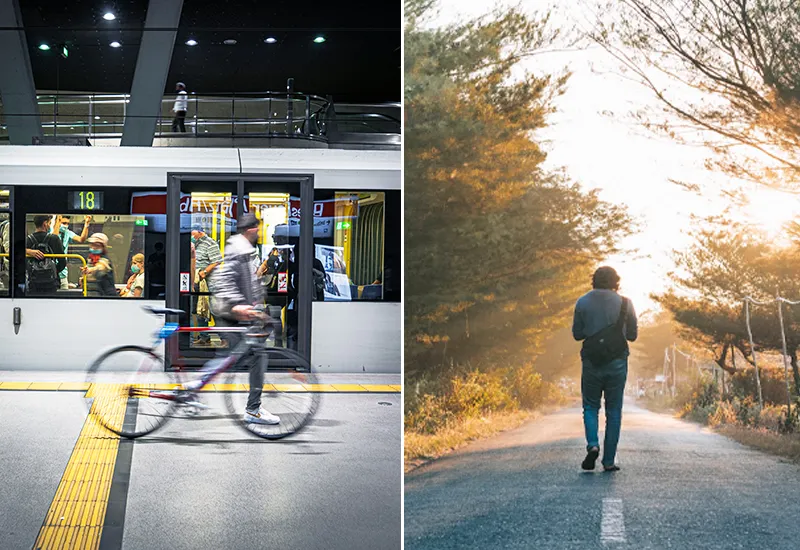
Starting with a single, car-free day to find out what challenges await you in your personal everyday life and what alternatives are available is a great idea.
Theoretically, this can be tried out on any day of the year. However, the official "car-free days" are also a good opportunity. already called in the 1950s and 1970s when a shortage in the supply of crude oil was imminent.
Nowadays, car-free days are usually organized annually and throughout Germany or by various districts and municipalities to create a Awareness of the benefits of living without a car to generate. In Germany, the day takes place on September 22 - and may also be a good time for you to make the switch.
Car-free living made easy!
Can you imagine life without a car a little better now? It is absolutely feasible, especially in an urban environment, and can be extremely enriching (for everyone). The Cities become more liveable, wallets are fuller, the air is clearer and the climate is more bearable.
By making a conscious decision and even trying to do without your own car, you are ultimately already making a clear statement. Statement for sustainable mobility - and give hope for a successful and climate-friendly turnaround in transportation.
"Everyone wants to get back to nature. But no one on foot."
Werner Mitsch (more at Sustainability Quotes)
Do you have any concerns, questions, suggestions or even personal experiences with car-free living? Then I look forward to your comment.
Stay sustainable and independent,

PS: One way of offsetting the climate-damaging emissions from unavoidable car journeys is to use the CO2 compensation. You can find out how this works in the linked blog article.
- Federal Statistical Office: Road traffic: EU-wide CO2 emissions up 21 percent since 1990 (as of 31.05.2023), available at https://www.destatis.de/Europa/DE/Thema/Umwelt-Energie/CO2_Strassenverkehr.html. [06.11.2023]. ↩︎
- VCÖ - Mobility with a future: How many resources are consumed in car production?, available at https://vcoe.at/service/fragen-und-antworten/wie-viele-ressourcen-werden-bei-der-pkw-produktion-verbraucht. [06.11.2023]. ↩︎

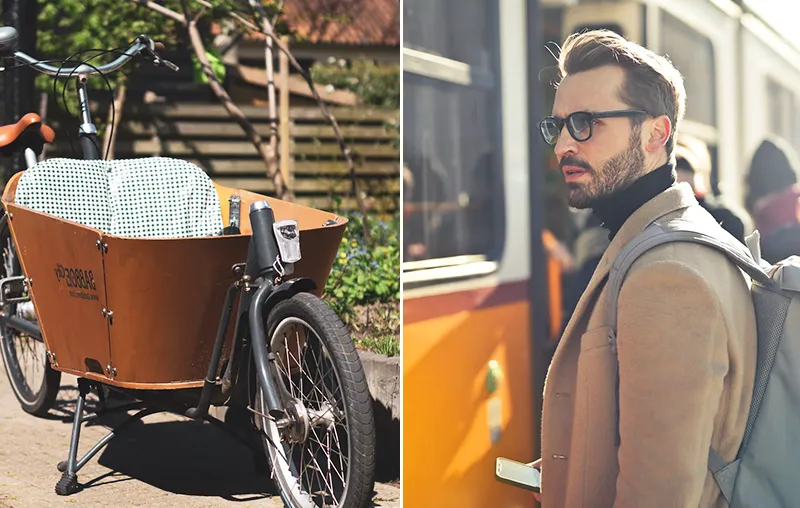








Hello, we are Gunhild and Eva from "Wohnen ohne Auto" in Munich. Unfortunately, this page about car-free living is not accessible from the home page.
I think they are very good.
May we link to you for the association "live car-free! link you?
The Kassel site is not running, we would have been interested in it, because we don't have much information from there either.
Greetings from the capital of SUVs and BMWs
Hello you two! You can find the article via the search function in the tab 🙂 Thanks for your feedback! But of course you can link to us.
Best regards
Christoph
Comments are closed.